Introduction To Cookware Materials For Oven Use
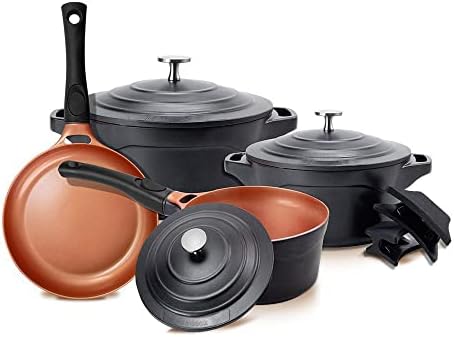
When it comes to cooking in the oven, it’s important to choose the right cookware materials that can withstand high temperatures without compromising their integrity. Ceramic cookware is one such option that is gaining popularity due to its durability and non-toxic nature. However, it’s essential to understand the characteristics of ceramic cookware and its benefits and drawbacks when using it in the oven. This knowledge will help you make informed decisions about the temperature limits, care, and maintenance needed for your ceramic cookware, ensuring safe and successful baking experiences.
Characteristics Of Ceramic Cookware
Ceramic cookware is known for its unique characteristics that make it a popular choice for oven use. It is made from a clay mixture that is fired at high temperatures, creating a smooth and non-porous surface. This results in excellent heat retention and even heat distribution, ensuring that your dishes are cooked evenly. Ceramic cookware is also non-reactive, meaning it won’t alter the taste of your food or leach any harmful chemicals into your dishes. Its durable nature and aesthetic appeal make it a valuable addition to any kitchen.
Benefits And Drawbacks Of Using Ceramic In The Oven
Using ceramic cookware in the oven offers several benefits. Firstly, ceramic cookware provides excellent heat distribution, resulting in evenly cooked dishes. Its non-porous surface retains heat, which helps to keep food warm for longer periods. Ceramic cookware is also non-reactive, ensuring that it does not alter the taste of your food. Additionally, ceramic is a durable material that can withstand high temperatures. However, it is important to note that ceramic cookware can be susceptible to thermal shock if exposed to sudden temperature changes. It is also prone to cracking under high temperatures, especially if the glaze is compromised.
Safety Guidelines When Using Ceramic Cookware In The Oven
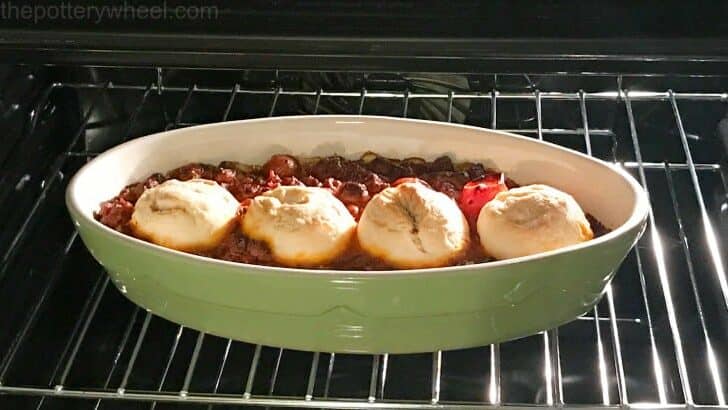
When using ceramic cookware in the oven, it is important to follow certain safety guidelines to ensure proper usage. Here are some tips to keep in mind:
- Read the manufacturer’s instructions: Familiarize yourself with the specific guidelines and recommended temperature limits for your ceramic cookware.
- Avoid sudden temperature changes: Ceramic cookware can be susceptible to thermal shock. Gradually increase or decrease the oven temperature to prevent cracking or damage.
- Use oven mitts or gloves: Always handle hot ceramic cookware with proper protection to avoid burns or injuries.
- Place cookware on a stable surface: Ensure that the cooking vessel is placed on a secure and level surface within the oven to prevent accidents.
- Clean and maintain properly: Follow the recommended cleaning and maintenance instructions for your ceramic cookware to prolong its lifespan and prevent any potential damage.
By following these safety guidelines, you can safely utilize ceramic cookware in the oven and enjoy its many benefits.
Recommended Temperature Limits For Ceramic Cookware
The recommended temperature limits for ceramic cookware vary depending on the type and brand. However, most ceramic cookware can safely withstand temperatures up to 500 degrees Fahrenheit (260 degrees Celsius). It is important to note that sudden temperature changes can cause thermal shock and potentially damage the cookware. Gradually increasing or decreasing the oven temperature is advisable to prevent cracking or breakage. Always refer to the manufacturer’s instructions for specific temperature recommendations to ensure the safe use of your ceramic cookware in the oven.
Tips For Proper Care And Maintenance Of Ceramic Cookware
To ensure the longevity and safety of your ceramic cookware in the oven, it is essential to follow these tips for proper care and maintenance:
- Avoid sudden temperature changes: Gradually increase or decrease the oven temperature when using ceramic cookware to prevent thermal shock and potential damage.
- Hand wash with gentle detergent: Avoid using abrasive cleaners or harsh dishwasher cycles, as they can scratch or damage the ceramic surface.
- Avoid metal utensils: Use wooden or silicone utensils to prevent scratching the ceramic coating.
- Let it cool before cleaning: Allow the cookware to cool down before washing to prevent cracking or warping.
- Store properly: Avoid stacking ceramic cookware to prevent chips or fractures. Use protective padding or cloth between nested pieces.
Following these tips will help maintain the quality and durability of your ceramic cookware, ensuring its continued performance in the oven.
Advantages Of Baking With Ceramic Cookware
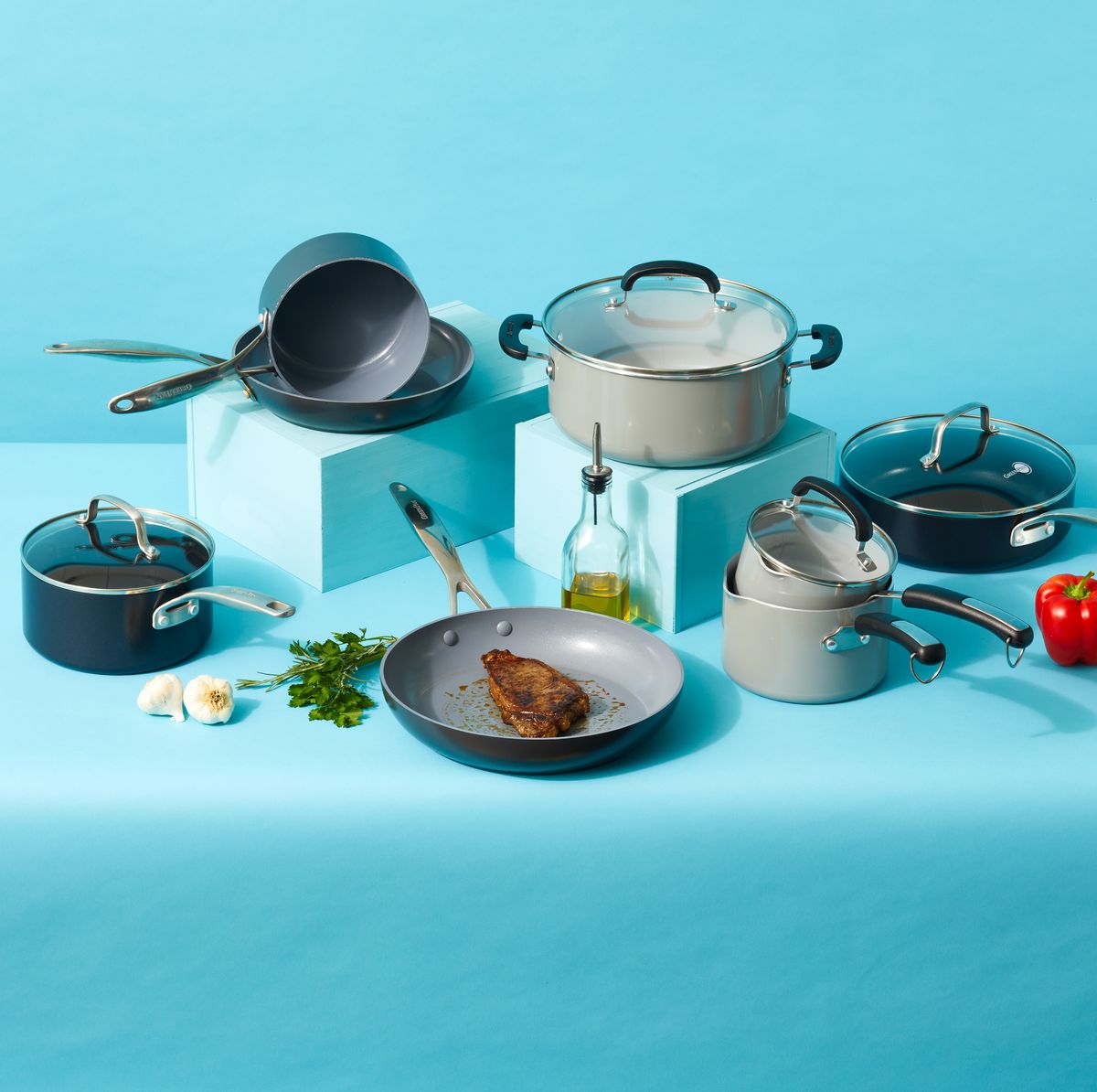
Baking with ceramic cookware offers several advantageous features. The even heat distribution of ceramic bakeware ensures that your dishes are cooked uniformly, resulting in perfectly baked goods. Additionally, ceramic has the ability to retain moisture, keeping your dishes from drying out during the baking process. This feature allows your food to stay tender and flavorful. Furthermore, ceramic cookware is non-reactive, meaning it won’t interact with acidic ingredients, preserving the taste and quality of your baked goods. With these benefits, using ceramic cookware in the oven is a great choice for baking enthusiasts.
Even Heat Distribution In Ceramic Bakeware
Ceramic cookware is renowned for its exceptional ability to distribute heat evenly. This feature ensures that your dishes are cooked uniformly, resulting in perfectly baked goods. The ceramic material retains and distributes heat efficiently, eliminating any hot spots that could lead to uneven cooking. Whether you’re baking a cake or roasting vegetables, you can trust that your food will be cooked to perfection from edge to center. Say goodbye to burnt edges and undercooked centers, and enjoy the benefits of even heat distribution with ceramic bakeware.
Retaining Moisture And Flavors In Dishes
Ceramic cookware excels at retaining moisture and flavors in dishes, making it an ideal choice for oven baking. The porous nature of ceramic allows for gentle and even heat distribution, which helps to lock in the natural juices and flavors of your food. As a result, your dishes come out tender, juicy, and flavorful every time. Whether you’re baking a succulent roast or a delectable casserole, ceramic cookware ensures that the moisture and flavors are sealed in, creating delicious and satisfying meals for you and your loved ones to enjoy.
Disadvantages Of Using Ceramic In The Oven
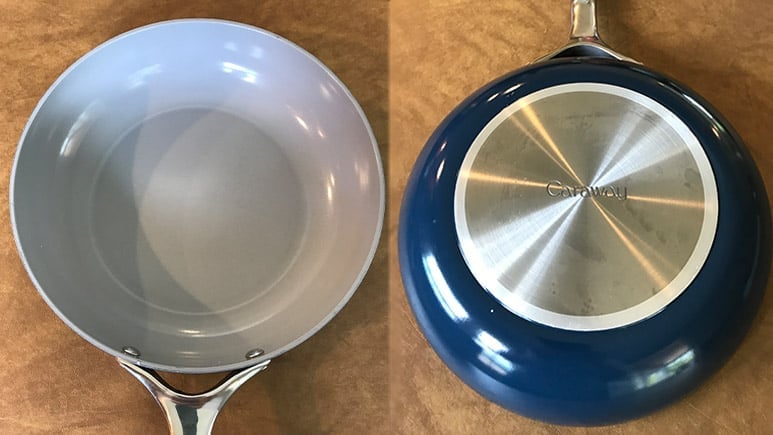
While ceramic cookware offers many advantages for baking and roasting, it does come with a few drawbacks. One disadvantage is its susceptibility to thermal shock. Rapid changes in temperature can cause ceramic cookware to crack or shatter. Additionally, the glaze on ceramic cookware may crack under high temperatures, affecting its appearance and durability. It’s important to carefully handle and maintain ceramic cookware to avoid these issues. Despite these disadvantages, with proper care and attention, ceramic cookware can still be an excellent choice for oven cooking.
Susceptibility To Thermal Shock
Ceramic cookware is susceptible to thermal shock, which is the sudden change in temperature. Rapid temperature changes can cause ceramic cookware to crack or shatter, compromising its durability and functionality. It’s important to handle ceramic cookware with care and avoid subjecting it to extreme temperature changes. To prevent thermal shock, it is recommended to preheat the cookware gradually and allow it to cool down slowly before washing or placing it in the refrigerator. By being mindful of temperature changes, you can help extend the lifespan of your ceramic cookware.
Potential For Glaze Cracking Under High Temperatures
When using ceramic cookware in the oven, there is a potential for glaze cracking under high temperatures. This is because the glaze used on ceramic dishes can shrink at different rates than the underlying body of the cookware. The uneven contraction and expansion can lead to cracks in the glaze, compromising its integrity. To prevent this, it is important to check the manufacturer’s guidelines for temperature limits and avoid exposing ceramic cookware to extreme heat. By being mindful of temperature limitations, you can minimize the risk of glaze cracking and ensure the longevity of your ceramic cookware.
Comparison With Other Oven-safe Cookware Materials
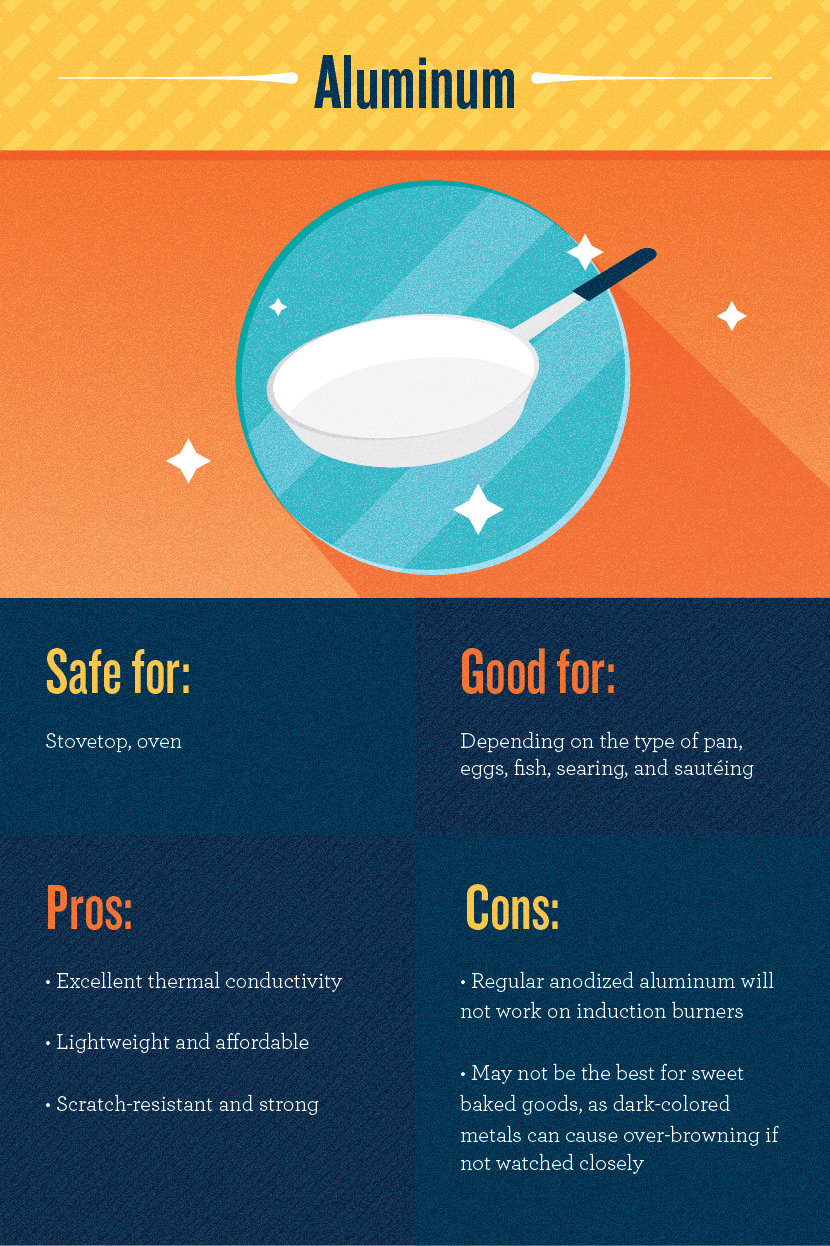
When considering oven-safe cookware materials, it’s important to understand the differences between ceramic, metal, and glass options.
Ceramic cookware offers excellent heat retention, even heat distribution, and the ability to retain moisture and flavors in dishes. It is also a versatile material that can be used for baking, roasting, and serving.
Metal cookware, such as stainless steel or cast iron, is known for its durability and high heat conductivity. It can withstand high temperatures and is often used for searing or browning ingredients.
Glass cookware, like Pyrex or borosilicate glass, is heat-resistant and allows for easy monitoring of the cooking process. However, it may not distribute heat as evenly as ceramic or metal options.
When choosing the right cookware material for baking, consider the specific requirements of your recipes and personal preferences.
Understanding The Differences Between Ceramic, Metal, And Glass Cookware For Oven Use
Ceramic, metal, and glass cookware each have unique properties when it comes to oven use. Ceramic cookware offers excellent heat retention and even heat distribution, making it ideal for baking and roasting. Metal cookware, such as stainless steel or cast iron, is known for its durability and high heat conductivity, making it great for searing and browning. Glass cookware, like Pyrex, is heat-resistant and allows for easy monitoring of the cooking process. However, it may not distribute heat as evenly as ceramic or metal options. Consider the specific requirements of your recipes and personal preferences when choosing the right cookware material for oven use.
Considerations For Choosing The Right Cookware Material For Baking
When choosing the right cookware material for baking, there are a few considerations to keep in mind.
- Heat conductivity: Different materials have varying heat conductivity levels. If you want quick and even heat distribution, consider materials like ceramic or metal, such as stainless steel or cast iron.
- Durability: Look for cookware materials that are durable and can withstand high temperatures without warping or scratching, such as stainless steel or cast iron.
- Non-stick properties: If you prefer easy food release and minimal oil or butter use, non-stick coatings can be a great option. However, be mindful of the material used for the coating and its safety at high temperatures.
- Maintenance: Consider the ease of cleaning and maintenance for the cookware material. Some materials, like ceramic or glass, may require more gentle washing and care compared to metal options.
- Personal preference: Ultimately, your personal cooking style and preferences should also play a role in choosing the right cookware material for baking. Consider what works best for your recipes and cooking techniques.
Conclusion
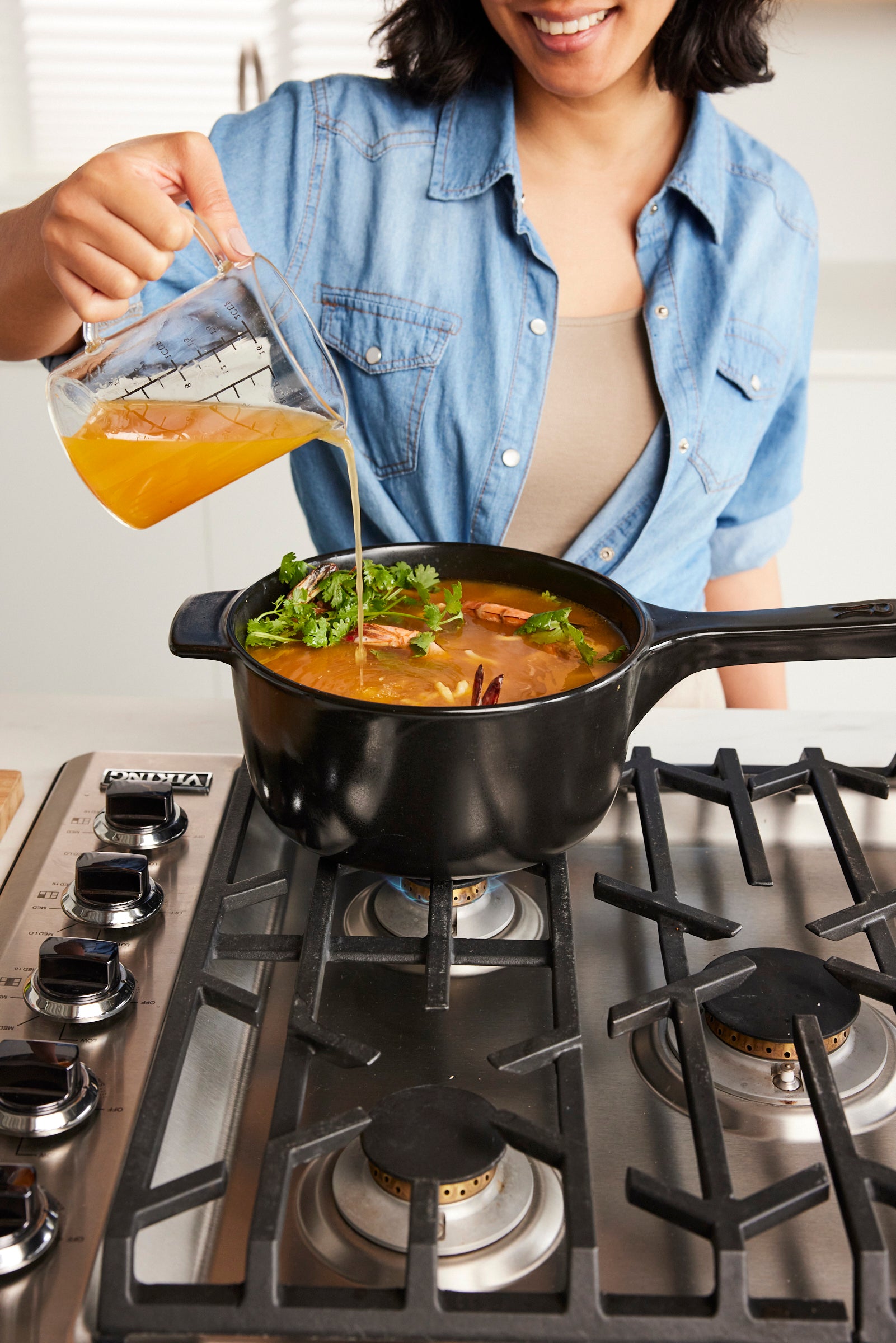
In conclusion, ceramic cookware can be a safe and reliable option for oven use, as long as it is labeled as oven-safe and used within the recommended temperature limits. It offers the benefits of even heat distribution and the retention of moisture and flavors in dishes. However, it is important to be cautious of the potential for thermal shock and glaze cracking under high temperatures. Consideration should also be given to other oven-safe cookware materials, such as metal and glass, when choosing the right cookware for baking. Always follow the manufacturer’s guidelines and care instructions for optimal cooking results.
Summarizing The Benefits And Limitations Of Using Ceramic Cookware In The Oven
Ceramic cookware offers several advantages when used in the oven. It provides even heat distribution, ensuring that your dishes are cooked evenly. Ceramic also retains moisture and enhances the flavors of your food. Additionally, it is a versatile and non-toxic option for oven use. However, there are limitations to consider. Ceramic cookware is susceptible to thermal shock, so it’s important to avoid sudden temperature changes. It can also crack under high temperatures, so be cautious when using it at extreme heat. Overall, using ceramic cookware in the oven can be safe and beneficial as long as the recommended guidelines are followed.
Recommendations For Safe Practices And Optimal Cooking Results
To ensure safe and optimal use of ceramic cookware in the oven, follow these recommendations. First, always refer to the manufacturer’s guidelines for specific temperature limits and care instructions. Avoid sudden temperature changes to prevent thermal shock by allowing cookware to cool before placing it in the oven or vice versa. Additionally, use oven mitts or pot holders when handling hot ceramic dishes. Properly clean and dry the cookware before storing to prevent any moisture buildup. By following these practices, you can safely enjoy the benefits of ceramic cookware and achieve delicious cooking results.
FAQ About Can Ceramic Go In Oven: Understanding Cookware Use
Q: Can ceramic cookware go in the oven?
A: Yes, ceramic cookware is generally safe to use in the oven as long as it is labeled as oven-safe.
Q: What is the maximum temperature for ceramic cookware in the oven?
A: The maximum temperature for ceramic cookware can vary depending on the specific product. Always refer to the manufacturer’s instructions for the recommended maximum temperature.
Q: Can ceramic cookware go directly from the oven to the stovetop?
A: It is not recommended to place ceramic cookware directly from the oven to a stovetop as this sudden temperature change can cause damage to the cookware.
Q: How should I care for ceramic cookware to prolong its lifespan?
A: To care for ceramic cookware, avoid sudden temperature changes, do not use metal utensils that can scratch the surface, and hand wash with gentle dish soap and a soft sponge.
Q: Can ceramic cookware be used in the microwave?
A: Ceramic cookware that is labeled as microwave-safe can be used in the microwave. Always check the label or manufacturer’s instructions before using in the microwave.
Q: Is ceramic cookware non-stick?
A: Some ceramic cookware is non-stick, but not all ceramic cookware has a non-stick coating. Be sure to check the product description or packaging to determine if the cookware is non-stick.

We are introducing OH! NANA, where culinary excellence meets sustainability! Our journey began with a passion for creating delicious, nutrient-dense dishes while minimizing waste and environmental impact. At OH! NANA, we believe that great taste and nutritional value can go hand in hand with responsible sourcing and production. Our commitment to delivering intense flavors and high nutritional value is paired with a dedication to reducing waste in every aspect of our operations. From sourcing fresh, locally-grown ingredients to implementing efficient kitchen practices, we strive to positively impact both your health and the health of our planet.